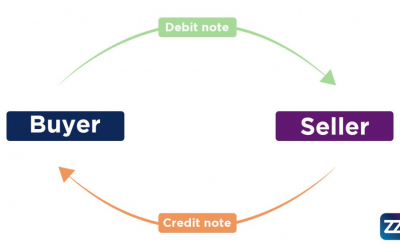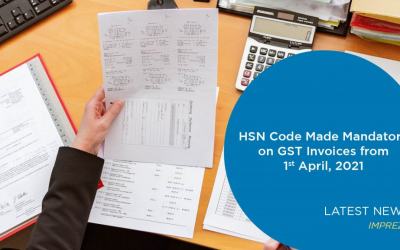
According to the double-entry system of bookkeeping, each transaction affects two particular accounts. The process of accounting can be defined as the process of recording every financial transaction in the system. This process starts with creating a journal that is followed by a ledger account, trial balance, and final accounts.
The two important pillars that create the base for the preparation of final accounts are Journal and Ledger. The book where all the transactions are recorded as they take place is called Journal. On the other hand, the one in which these transactions are transferred is called Ledger.
Definition of Journal
The subsidiary daybook in which financial transactions are first recorded is known as Journal. In this scenario, the transactions are recorded orderly regularly so that they can be referred to in the future if needed. A journal consists of two further accounts that define the occurrence of each transaction. One account is that which is credited and the other is debited with an equal amount.
Typically, a journal consists of five entries namely:
- Date
- Particulars
- Ledger folio
- Debit
- Credit
Moreover, a journal can either be a single entry where one debit and a corresponding credit account are present. And one compound entry that contains multiple credit and debit entries that are corresponding to each other.
Definition of Ledger
The account in which transactions are transferred from a journal is called a ledger. It is a principal book that contains several accounts. The transactions that are entered in the journal are then to be categorized and posted into different accounts. Ledger is the set of personal, nominal, and real accounts where a description is recorded concerning its account.
Difference Between Journal and Ledger
We can differentiate between the two pillars of the financial system i.e. Journal and Ledger on the following grounds:
- The book of accounts where all the financial transactions are entered for the first time is called a journal. After this process, we classify the transactions and record them into a principal account known as a ledger. Both journal and ledger hold a lot of importance when it comes to creating the financial books of accounts. It is necessary to make sure that all the data is stored carefully and calculated correctly. Because one mistake can lead to a bundle of other mistakes that can cause wastage of time. Thankfully, with Imprezz you will be given complete freedom and ease of use. This is because Imprezz offers very useful tools that can be used to create journals and ledgers.
- As mentioned above, a journal is a subsidiary book that records financial transactions in an orderly manner regularly. Sometimes it may get challenging for bigger firms to create multiple journals based on their daily activity. For this purpose, Imprezz can provide its unique features and accounting tools that will help you in taking care of all your financial activity. A ledger on the other hand is a principal book. It is a set of similar accounting transactions that are related to the same person or property.
- Journal is the book of original entry, which is also one of the most important pillars of an accounting system. Whereas, a ledger is a book that can be defined based on a second entry that comes after a journal.
- Another difference between a journal and a ledger is that of order. Transactions are recorded in chronological order in a journal. Whereas, the financial transactions are recorded in an analytical order when it comes to creating ledgers.
- Financial transactions are recorded in a sequential order while recording in a journal. But these transactions are then recorded in the ledger based on respective accounts. If you are worried about creating a journal and ledger from scratch then you don’t have to. This is because Imprezz is here to help you throughout the process of creating your next financial system.
- In a journal, there are respective columns where Debit and Credit are recorded. But when it comes to creating ledgers, the two accounts should be created on opposite sides.
- Another difference between a journal and a ledger is that of narrations. In the journal, there should be a narration mentioned that supports the entry. Whereas, there is no such requirement when it comes to recording transactions in a ledger.
- When it comes to balancing the books of accounts, a ledger needs to be balanced. However, the same is not necessary for the journal.
- Generally, journals can be classified into eight groups following the practice. Ledgers on the other hand can be classified into two such groups.
- The term used for when transactions are recorded in a journal is journalizing. Whereas the term used to record financial transactions in a ledger is simply called posting.
Conclusion
At the beginning of this article, we talked about the process of how a transaction can be recorded in the financial books of accounts. This process requires a series of actions to be performed. It ensures that the rest of the financial system and entries are running smoothly. Therefore, the financial transactions are recorded in the journal first, and then they are recorded in their classified accounts to be posted in the ledger.
From the above points, we can conclude that journal and ledger are not the same even though some people believe them to be. They are quite the opposite. Although, both journal and ledger hold incredible value when it comes to creating the books of accounts accurately and effectively.
If you need help in creating the journal and ledger or find it difficult to record multiple entries at a time then you can use Imprezz. It is a financial tool available that will help you in simplifying the process of bookkeeping. Thus, saving you a lot of time and effort quite effortlessly.
Also Read:
Steps to Improve Receivables Management
Importance of Real-Time tracking of Accounting Transactions
How can a free Chartered Accountant Seat help you in efficiently filling GST?


